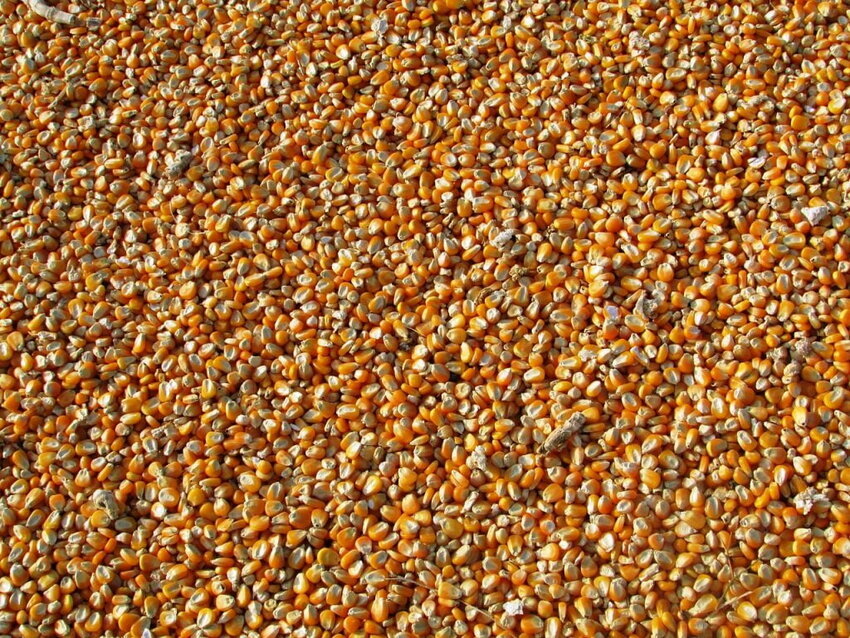 (Credit: Pixabay)
(Credit: Pixabay)The corn industry is working toward greater sustainability and reducing its environmental impact. The Corn Refiners Association recently released its Life Cycle Analysis, which evaluates the environmental impacts of certain products derived from corn refining across their lifetime
The analysis gives a snapshot of how the industry is doing with respect to meeting environmental goals, offering a farm-to-manufacturing view of global warming potential, fossil fuel consumption, energy demand, and land use.
“The LCA report reinforces our industry's commitment to sustainability and implementing an integrated, upstream approach to environmental stewardship,” John Bode, president and CEO of the Corn Refiners Association, said in a statement. “The agriculture industry understands that there is not a singular solution to our climate challenges and instead approaches sustainability with dynamic, ambitious efforts. Corn refiners are setting an example that can work as a sustainability model for the wider agriculture industry.”
The corn refinery industry is focused on two areas to improve sustainability – corn production and emissions from energy consumption. According to the CRA, nearly all its member companies are engaging at various levels to improve corn-sourcing sustainability.
One example is Cargill’s commitment to advancing regenerative agriculture practices across 10 million acres of farmland. Cargill is a global food corporation based in Minnetonka, Minnesota. Another major food and beverage ingredient provider, Ingredion, is working with the Sustainable Agriculture Initiative Platform to certify sustainable production, CRA said.
The industry as a whole is also working to shift from higher-impact to lower-impact energy sources, reducing greenhouse gas emissions in the refining process.
The LCA also outlined a handful of environmental goals in place for individual companies, including:
The LFA comes just a few years after the corn industry was thrust under the limelight for its negative environmental impact. Growing corn was found to be a major contributor to air pollution, a 2019 study published in Nature Sustainability found.
See the full LCA here.